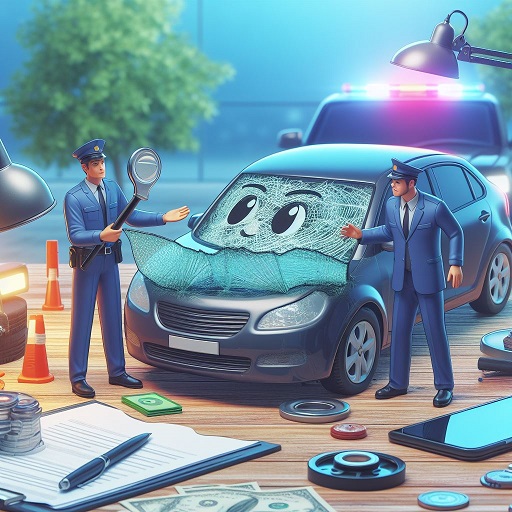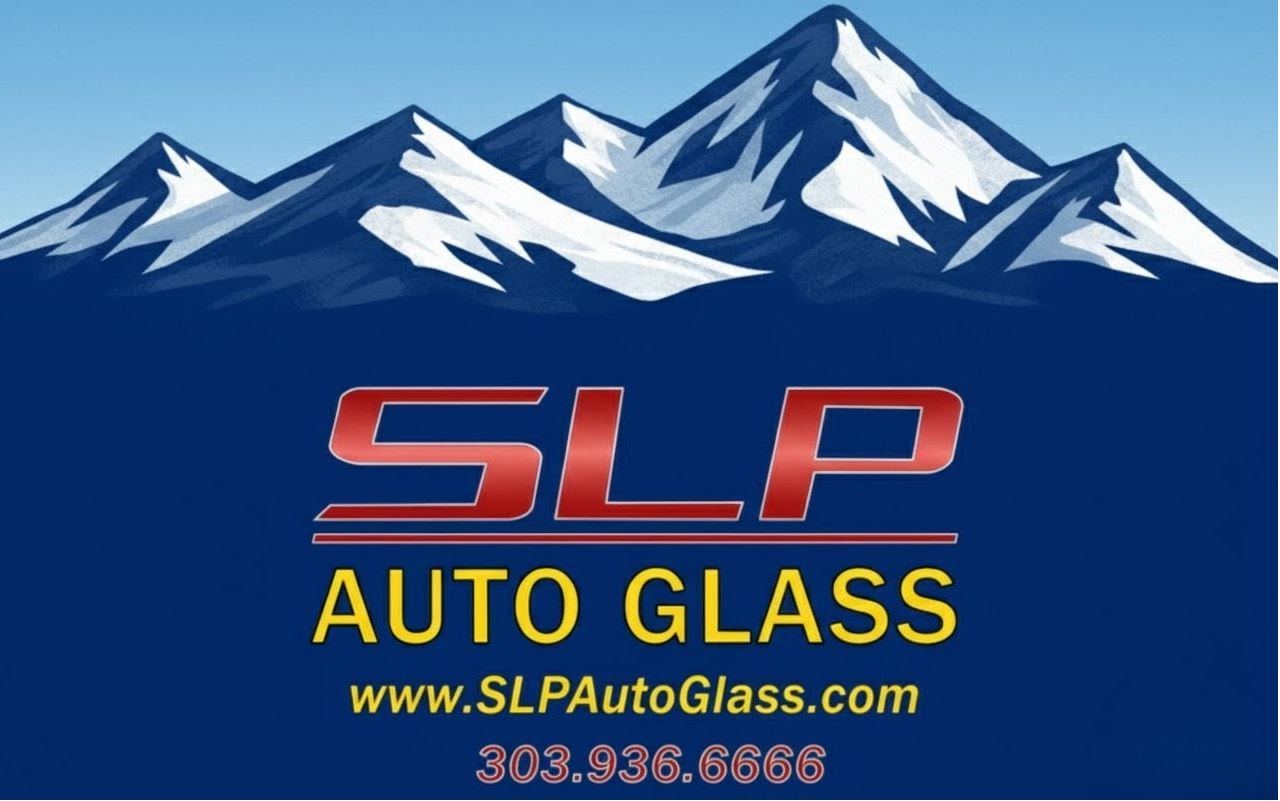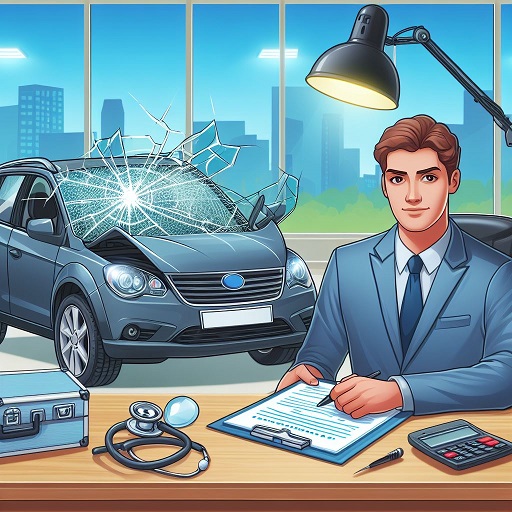AutoGlass replacement is an often-overlooked aspect of car maintenance, but it’s crucial for safe driving. In Lakewood, CO, many car owners wonder if their standard car insurance covers AutoGlass replacement. The answer is not always straightforward, as it depends on the specifics of your insurance policy and the nature of the glass damage.
Understanding Your Car Insurance Policy
A thorough understanding of your car insurance policy is vital in assessing whether it covers AutoGlass replacement. Insurance policies differ significantly, and what is covered under one policy might not be included in another. It’s advisable to read through your policy documents or consult with your insurance provider to get a clear picture of your coverage.
- Policy Variations: Not all car insurance policies are the same; coverage can vary widely.
- Documentation: Keep your insurance documents accessible for quick reference.
- Consultation: Engage with your insurance agent for a detailed understanding of your policy.
- Coverage Limits: Be aware of what your insurance does and does not cover, especially regarding glass damage.
Comprehensive vs. Collision Coverage

Understanding the distinction between comprehensive and collision coverage is fundamental for Lakewood, CO car owners. Comprehensive coverage generally includes non-collision damages, such as those caused by vandalism, theft, or environmental factors, which typically cover AutoGlass replacement. Conversely, collision coverage is primarily for damages resulting from an accident with another vehicle or object. Knowing which type of coverage you have is crucial in determining whether your insurance will cover AutoGlass replacement.
- Comprehensive Coverage: Typically includes non-collision damage such as glass breakage.
- Collision Coverage: Focuses on damages from accidents with other vehicles or objects.
- Policy Review: Check your policy to see which type of coverage you have.
- Coverage Clarity: Ensure clear understanding of what each coverage type entails.
Factors Influencing Coverage
The scope of coverage for AutoGlass replacement in your car insurance policy can be influenced by various factors. These include the cause of the damage—whether it’s due to an accident, environmental factors, or vandalism—and the type of glass that is damaged. In Lakewood, CO, the specifics of your insurance policy, such as exclusions and limitations, also play a significant role in determining coverage.
- Damage Cause: The origin of the glass damage can impact coverage eligibility.
- Glass Type: Different types of glass (windshield, side windows) may have different coverage terms.
- Policy Specifics: Be aware of any exclusions or limitations in your policy.
- Local Factors: Consider any local regulations or conditions in Lakewood, CO that might influence coverage.
Deductibles and AutoGlass Replacement
The role of deductibles is crucial in the context of AutoGlass replacement under car insurance policies. Most policies include a deductible, which is the amount you pay out of pocket before your insurance coverage kicks in. If the cost of replacing your AutoGlass is lower than your deductible, you will likely need to pay for the replacement yourself. Understanding how your deductible applies to glass replacement can help you financially plan for these situations.
- Deductible Amount: Know the amount of your deductible and how it applies to glass damage.
- Cost Comparison: Compare the cost of replacement with your deductible to determine potential out-of-pocket expenses.
- Financial Planning: Prepare for possible expenses in cases where the deductible exceeds the replacement cost.
- Policy Review: Reassess your deductible periodically to ensure it aligns with your current financial situation.
Glass Repair vs. Replacement
Insurance providers often distinguish between glass repair and replacement when it comes to coverage. Small chips and cracks in your windshield can frequently be repaired, and many insurance policies cover this without requiring a deductible. However, larger damages that necessitate a complete replacement may be subject to the deductible outlined in your policy. Understanding this distinction is key to evaluating your coverage for AutoGlass damage.
- Repair Coverage: Often covered without a deductible for minor damages.
- Replacement Coverage: Larger damages requiring full replacement may incur a deductible.
- Damage Assessment: Evaluate the extent of damage to determine if repair or replacement is necessary.
- Insurance Consultation: Discuss with your insurance provider the coverage specifics for repair versus replacement.
Insurance Claims for AutoGlass Replacement

Navigating the insurance claim process for AutoGlass replacement can be straightforward if you understand the steps involved. Start by documenting the damage and getting a repair estimate. Then, contact your insurance provider to report the claim and provide the necessary details. Your insurer will guide you through the process and inform you about coverage eligibility based on your policy. Keeping detailed records and clear communication with your insurance provider will facilitate a smoother claim process.
- Documentation: Keep a record of the damage and repair estimates.
- Insurance Communication: Report the damage to your insurance provider promptly.
- Process Understanding: Familiarize yourself with the claim process of your insurance company.
- Eligibility Confirmation: Confirm with your insurer about the coverage for the specific AutoGlass damage.
Impact of AutoGlass Replacement on Insurance Premiums
A common concern among car owners is whether filing a claim for AutoGlass replacement will lead to an increase in their insurance premiums. This impact varies based on the insurance provider, the nature of the claim, and your insurance history. Some insurers may not raise premiums for a single glass claim, especially if it’s a no-fault situation. However, multiple claims over a short period could potentially affect your rates. It’s advisable to discuss this with your insurance agent to understand how a claim might influence your premiums.
- Claim Nature: Understand how the type of claim can affect your insurance rates.
- Insurance History: Your history of claims can play a role in premium adjustments.
- Provider Policies: Different insurers have different policies regarding rate increases.
- Agent Consultation: Speak with your insurance agent for clarity on how a claim will impact your premiums.
Preventing AutoGlass Damage
Taking proactive steps to prevent AutoGlass damage can save you the hassle and expense of repairs or replacements. Regular inspections of your windshield and windows can help identify potential issues before they worsen. Avoiding behaviors like following other vehicles too closely can reduce the risk of damage from road debris. Additionally, parking in sheltered areas can protect your vehicle from environmental elements like hail or falling branches. Being mindful of these simple precautions can extend the life of your AutoGlass and potentially avoid insurance claims.
- Regular Inspections: Check your windshield and windows regularly for any signs of damage.
- Safe Driving Habits: Maintain a safe distance from other vehicles to avoid debris damage.
- Protected Parking: Whenever possible, park your vehicle in sheltered or covered areas.
- Preventative Measures: Be proactive in protecting your AutoGlass from potential hazards.
Whether AutoGlass replacement is covered under standard car insurance in Lakewood, CO, depends on the specifics of your insurance policy, the nature of the damage, and other factors. It’s important to understand your coverage, choose reputable repair services, and take preventive measures to protect your AutoGlass. Always prioritize safety and consult with your insurance provider to ensure you have the appropriate coverage for your needs.
References
- Policy Specifics: Car insurance may cover windshield replacement if specified in the policy. Full glass coverage, where available, pays for 100% of the costs.
- Comprehensive Coverage: Comprehensive car insurance typically includes coverage for windshield and auto glass, protecting against non-collision damages like weather damage and theft.
- Full Glass Coverage Option: This additional coverage can be added to an auto policy, potentially covering windshield, window, mirror, and light replacement without a deductible, depending on state regulations.
- Windshield Replacement Cost: The cost can reach up to $750, varying by vehicle type.
- State-Specific Coverage: Some states offer Full Glass Coverage for an extra fee, covering repair or replacement costs without a deductible.
- Deductibles: With comprehensive coverage, the policy’s deductible, ranging from $100 to $1,000, applies to glass replacement.
- Aftermarket vs. OEM Glass: Most comprehensive policies use aftermarket glass for replacements instead of OEM glass.
Content reviewed and published by SLP AutoGlass Editorial Team.

